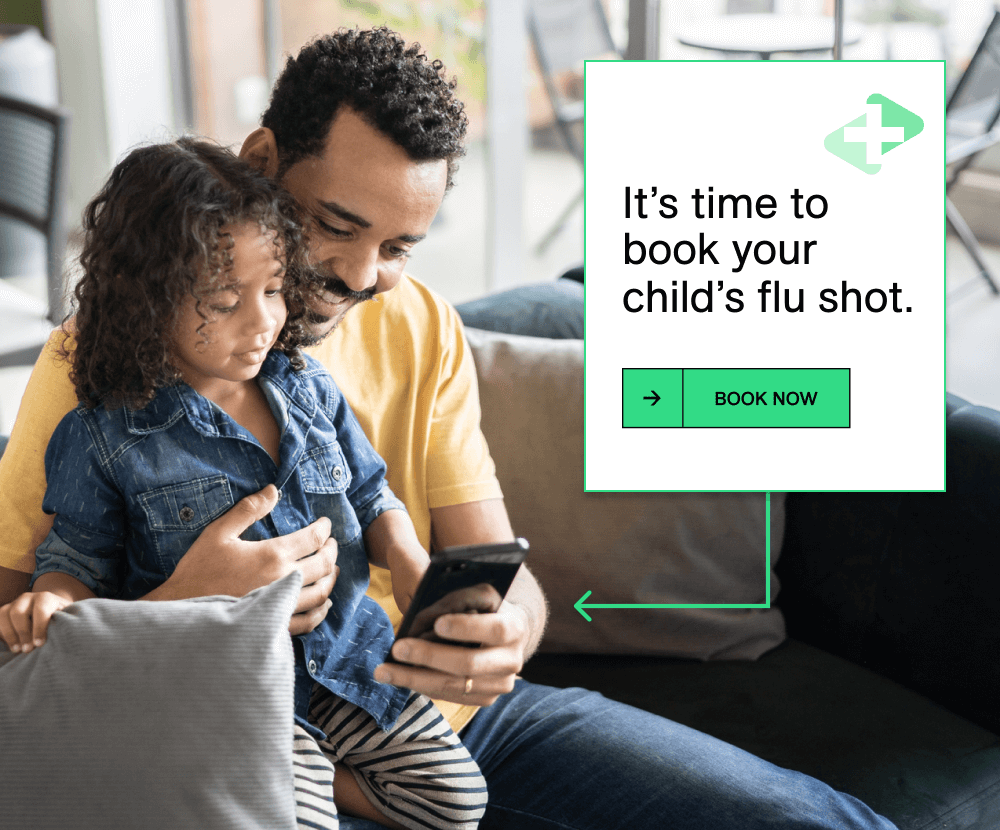Prescribing Personalization: How Hospitals Can Improve Patient Care and Loyalty

Key takeaways
- Nearly 90% of patients expect healthcare personalization equal to retail, and half would switch providers for a better digital experience.
- Personalized healthcare campaigns can deliver 5-8x more ROI and boost quality metrics by up to 25%.
- Growing competition means hospitals must stand out with connected, patient-centered experiences.
- True omnichannel personalization requires securely connecting data across CRM, EHR, and marketing systems.
- Hospitals that integrate data and focus on patient-first marketing will lead in the experience-driven healthcare economy.
Hospitals today are under increasing pressure to stand out in a crowded, competitive healthcare landscape. Patients aren’t just choosing providers based on proximity or reputation – they’re expecting the same level of personalization and convenience they receive from retailers, banks, and streaming services. To earn patient trust and build lasting loyalty, hospitals must meet these expectations with personalized, connected experiences across the entire care journey.
Why personalization is essential to healthcare marketing
Consumers are demanding more from healthcare providers: almost 90% of healthcare consumers expect their care to be as personalized as their retail experiences, and 50% would switch providers for a better digital experience. With increased patient expectations comes intensified competition between hospitals, especially in urban markets with more options. Hospitals have never faced this much pressure to improve health outcomes and patient satisfaction – and personalized outreach is a proven competitive advantage.Hospitals can generate five to eight times more ROI from personalized healthcare marketing campaigns, and quality metrics (e.g., adherence, satisfaction) can increase by 20-25% with better digital engagement. By using personalization to guide patients through a seamless, supportive experience, hospitals not only improve retention, they build trust and improve care outcomes.
Reach patients everywhere they spend time
To personalize patient outreach effectively, hospitals must be able to securely connect data across fragmented systems – from CRMs to digital marketing platforms. Without the ability to unify engagement data for a clear view of the patient, true omnichannel personalization isn’t possible. By securely connecting first-party data, behavioral signals, and third-party insights, hospitals can connect the patient’s digital and in-person care journey. When the patient journey is seamlessly connected across channels, marketers have accurate insights to activate personalized campaigns wherever patients are spending time.
Healthcare runs on data – healthcare marketing should, too
Personalization isn’t a nice-to-have – it’s an essential competitive advantage. Hospitals that invest in connecting data systems and patient-centered marketing strategies will be the best positioned to acquire, engage, and retain patients in today’s experience-driven healthcare economy.Ready to deliver the personalized experiences patients want? Learn how LiveRamp can activate data-driven engagement across the entire patient journey.

